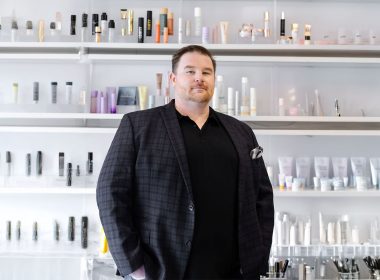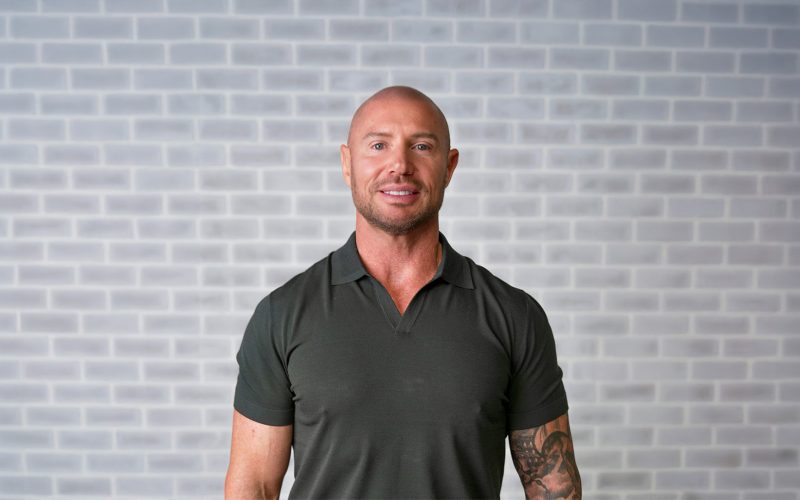Making big changes doesn’t always mean starting big. This simple truth sits at the heart of how business leader Benji Kushwaha approaches everything from environmental challenges to community investment. Through years of working across industries, he’s discovered that real transformation often begins with the smallest steps – whether that’s a casual round of golf that opens new doors or a backyard composting system that sparks industry-wide changes. His unconventional take on investment stretches far beyond financial returns, focusing instead on the ripple effects of small, thoughtful changes in business and life.
Networking on the Golf Course
Some of the best business moves happen by accident. Take Benji’s golf story. “I was not a sports guy,” he admits, but he picked up a club anyway. Turns out whacking little white balls around a course opened more doors than he expected. Between shots, he found himself chatting with business leaders from every industry you can think of. Those casual conversations turned into real connections. Before long, those connections started changing how he saw both his personal life and his business. Nobody plans this stuff. That’s what makes it work. You can’t fake the kind of relationships that build up over 18 holes and a shared hatred of sand traps. But here’s the thing – every round of golf became an investment in something money can’t buy: real relationships with people who see the world differently than you do.
Learning as the Best Investment
When it comes to investment, Benji believes in learning instead of stocks. “Skills are very very important,” he says, pointing out how fast everything changes these days. Technology keeps moving the goalposts, and yesterday’s solutions don’t always cut it. But it’s not just about learning new tricks. Each skill you pick up changes how you look at problems. Same challenge, different lens. Suddenly you’re seeing angles you missed before. Solutions start popping up in places you weren’t even looking. That’s the kind of investment that keeps paying off, no matter what the market does.
Ever notice how the biggest problems sometimes have the smallest solutions? Benji did. Take his approach to environmental stuff. At home, nothing goes to waste. Kitchen scraps feed the chickens. Chicken waste feeds the garden. Garden waste goes back into the cycle. “Just imagine, there’s millions of companies out there,” he says. “Imagine, every single one of them just saves a little bit.” Now we’re talking real numbers. Working with clients, Benji breaks down big environmental goals into bite-sized pieces. Switch to biodegradable products here, tweak the waste stream there. None of it seems huge, but multiply those tiny changes by a few million companies? That starts looking like real change.
Starting Small to Drive Big Change
For anyone looking to make their mark as an investor or industry leader, Benji’s advice cuts against the grain of typical success stories. “Start doing little bit of change from yourself,” he suggests. Instead of chasing headline-worthy problems, he recommends looking closer to home. Those small, local issues might not make the news, but solving them can create ripples that spread far beyond your neighborhood. The trick isn’t finding the biggest problem to solve – it’s spotting the small ones that everyone else overlooks. Because sometimes, those modest changes add up to something much bigger than anyone expected. In Benji’s world, real impact doesn’t always wear a suit and tie. Sometimes it starts with backyard chickens and a conversation on the golf course.
Want to learn more about environmental impact and smart investing? Follow Benji Kushwaha on LinkedIn or visit his website to stay updated on his latest speaking engagements and insights into sustainable business practices.












